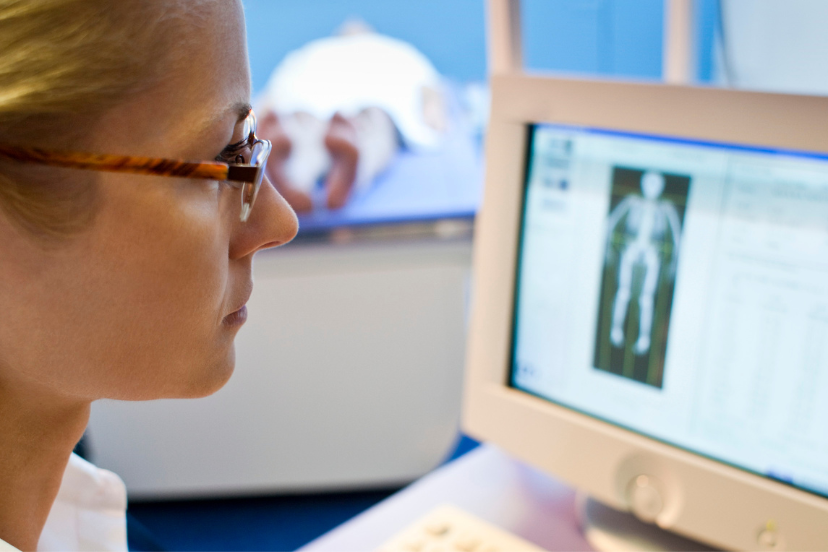Exploring How Genetics Shape Bone Density
Introduction
Welcome, bone enthusiasts, to a fascinating exploration into the world of genetics and bone density. Have you ever pondered why some individuals seem to possess bones as strong as iron while others face fragility? Well, it’s time to embark on a journey through genetics to unravel this mystery. In this comprehensive guide, we’ll delve into how your genes influence the density and resilience of your bones. So, let’s dive in and discover the secrets behind this crucial aspect of health!
Genetics and Bone Density
Let’s kick things off with the fundamental topic of Genetics and Bone Density. Understanding this relationship is key to grasping why some folks have bones akin to fortress walls while others have bones more fragile than glass.
Your genetic makeup plays a significant role in various aspects of bone health, from the development of bones during childhood to their maintenance and repair throughout adulthood. But fret not, for deciphering this intricate interplay between genetics and bone density holds the promise of enhancing our skeletal strength.
Now, let’s embark on a journey through the genetic landscape to uncover how our genes shape bone density and how we can use this knowledge to bolster our bone health.
The Genetic Blueprint of Bone Density
Let’s dive deeper into the genetic underpinnings of bone density. Your genes orchestrate a complex dance that determines how strong and dense your bones will be.
- Genetic Variants and Bone Density: Your genes come in all shapes and sizes, and certain variations can predispose you to either high or low bone density. These variants affect critical factors such as calcium absorption and the activity of bone-building cells.
- Family Influence on Bone Density: Your family history also plays a significant role. If your ancestors boasted strong skeletons, you may have inherited favorable genes for bone density.
- Interplay Between Genes and Environment: While genetics lay the foundation, environmental factors also exert influence. Your lifestyle choices, diet, and exercise habits can interact with your genetic makeup to shape your bone health.
FAQs About Genetics and Bone Density
Let’s address some common questions about how genetics and bone density intertwine:
- Is bone density solely determined by genetics?
- While genetics play a crucial role, environmental factors also contribute significantly to bone density. A healthy lifestyle can mitigate genetic predispositions.
- Can lifestyle changes improve bone density?
- Absolutely! Engaging in weight-bearing exercises and consuming a balanced diet rich in calcium can enhance bone density, regardless of genetic factors.
- Are specific genes responsible for bone density?
- Yes, several genes influence bone density by regulating processes like collagen production and calcium metabolism.
- Why are some people more prone to fractures?
- Genetic factors can increase susceptibility to fractures by affecting bone density and structure.
- Do genetics contribute to age-related bone loss?
- Yes, genetic factors can exacerbate age-related bone loss, but lifestyle interventions can mitigate these effects.
- Can genetic testing predict bone density?
- While not a crystal ball, genetic testing can provide insights into your predisposition to low bone density and osteoporosis, guiding preventive measures.
Conclusion
There you have it – a comprehensive guide to the intricate relationship between genetics and bone density. Armed with this knowledge, you can navigate your bone health journey with confidence. Remember, whether you’re blessed with strong genetic foundations or face challenges, proactive steps can safeguard your skeletal health. So, here’s to strong bones and a brighter, healthier future!




